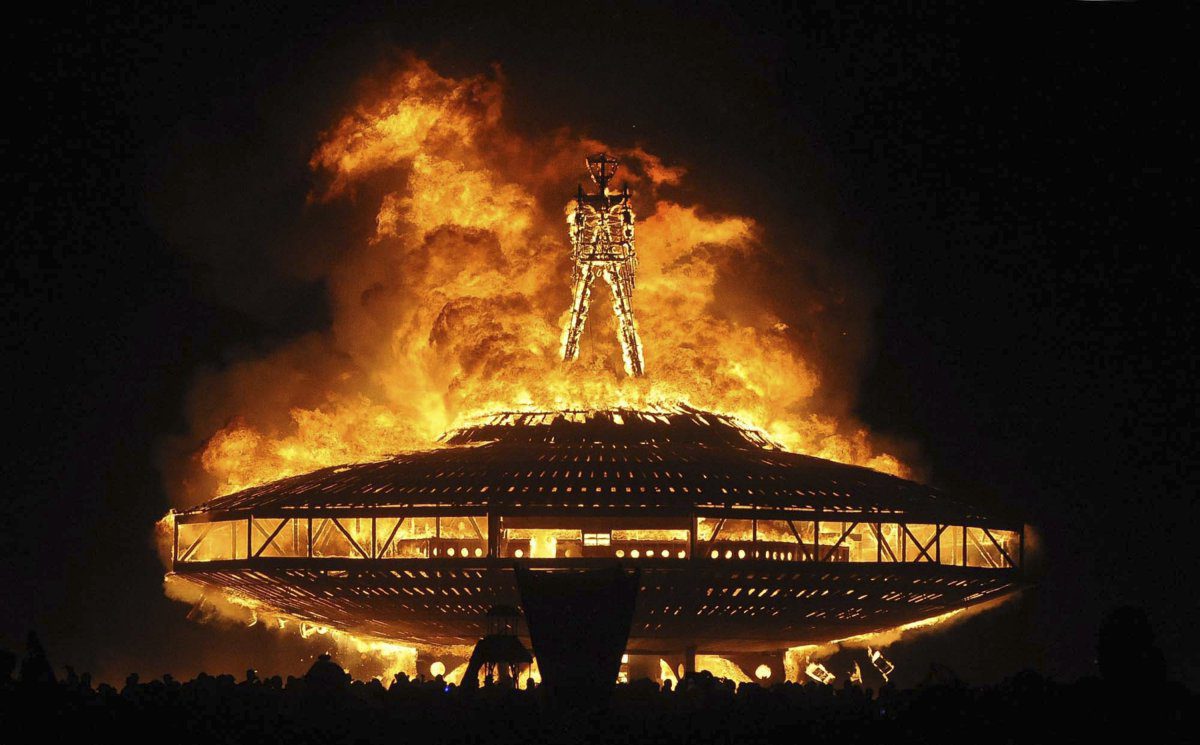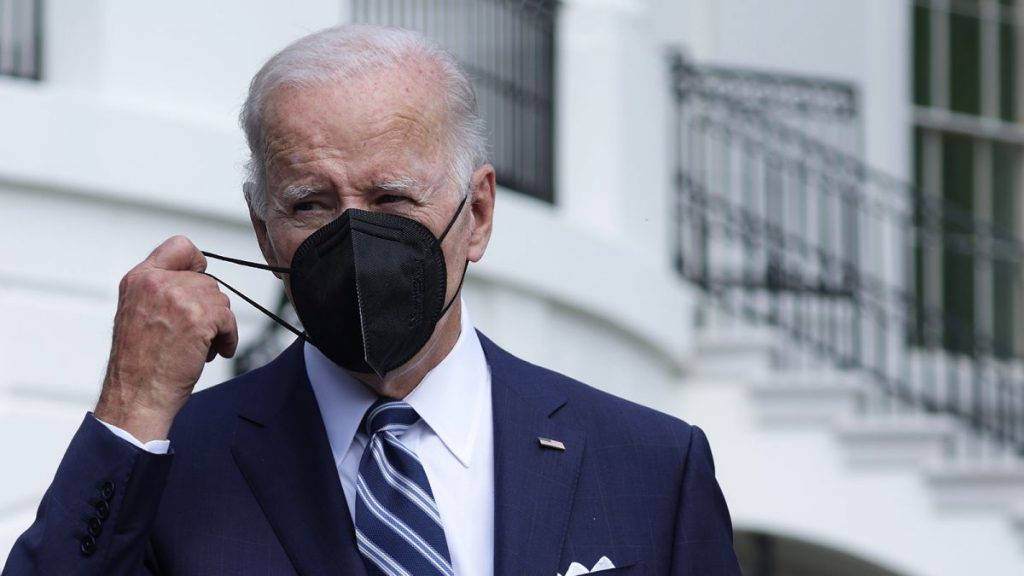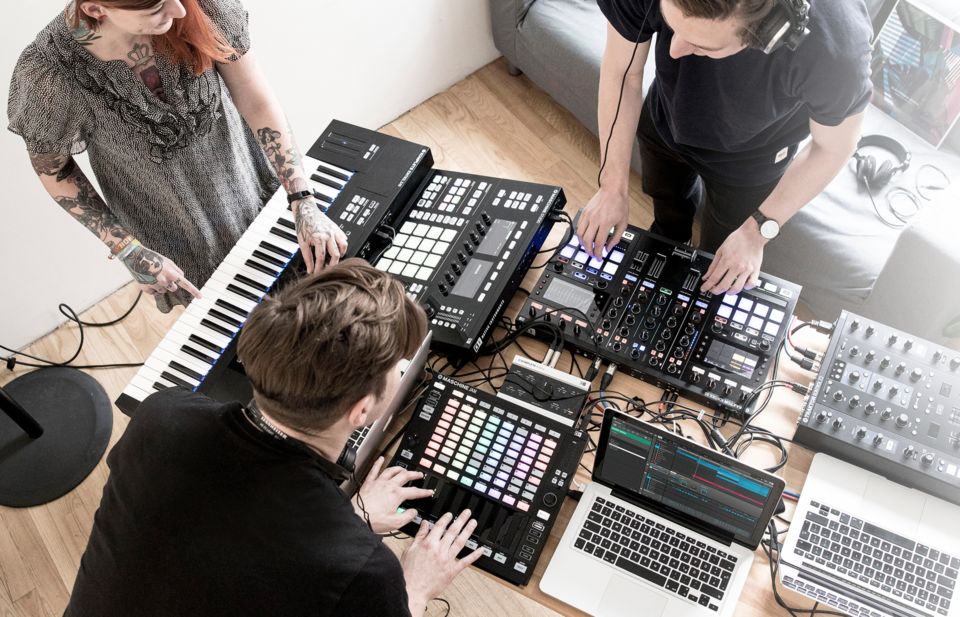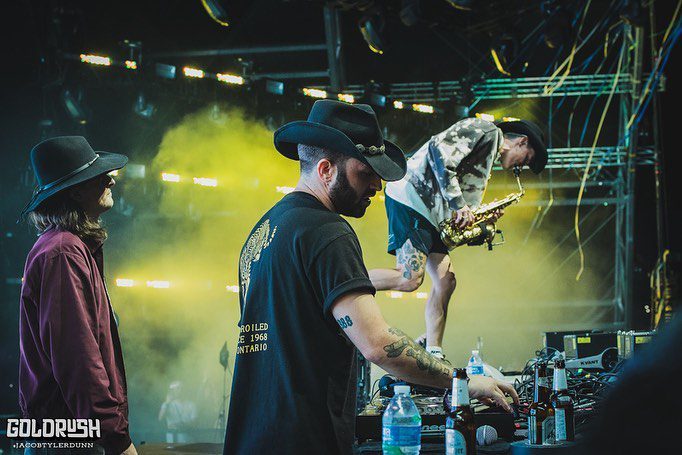A.R. Shaw’s new book Trap History delves into the past, present, and future of Trap music and the Trap and will be released on Halloween, Saturday, October 31.
In a new video interview, Shaw explains his motivation for penning the book that has been covered by REVOLT, The Source, The Hype Magazine, Day 1 Radio, and CashColorCannabis Podcast.
“I’m an Atlanta native, born and raised in Atlanta,” he says. “I saw the beginnings and rise of Trap music. I remember when Trap was just a slang term in Atlanta. It eventually became a music genre. I remember Techwood Homes. I remember the Miami Boys, and now I see gentrification. I witnessed all this stuff happening, and I wanted to be the one telling this story from an insider’s point of view. It goes deeper than just the glorification of just drug dealing, the glorification of getting money. There are real-life people who were affected by Trap. Real-life people who were affected by things that happened in the community. So I really wanted to highlight all this in the book and podcast form.”
The 230-page book and audio documentary feature Shaw’s curated interviews with dozens of history makers, including pioneering Atlanta artists, producers, music executives, and experts who witnessed first-hand the origins and rise of Trap music. The book also explores social issues such as gentrification, drug addiction, and mass incarceration in communities that inspired Trap music.
Rapper Kilo Ali recalls penning “Cocaine (American Has A Problem)” at the age of 16 in 1990 while serving time in the Fulton County Juvenile Detention Center. DJ Toomp recounts touring as the deejay for the 2 Live Crew in the late 1980s and producing early hits for Atlanta rappers Raheem The Dream and MC Shy D. Former Fulton County Assistant District Attorney John Turner explains how the Miami Boys drug gang began infiltrating the Techwood Homes housing projects in 1986, and Magic City strip club founder Michael Barney describes how the gentlemen’s club provided a viable platform for emerging rappers to promote their music. Shaw additionally interviews the likes of OutKast’s Big Boi, T.I., Khujo of Goodie Mob, Young Thug, Gucci Mane, Migos, Shawty Lo, Killer Mike, Zaytoven, Future, and 21 Savage as well as veteran Atlanta music executives Antonio “LA” Reid, Kawan “KP” Prather and Shanti Das.







